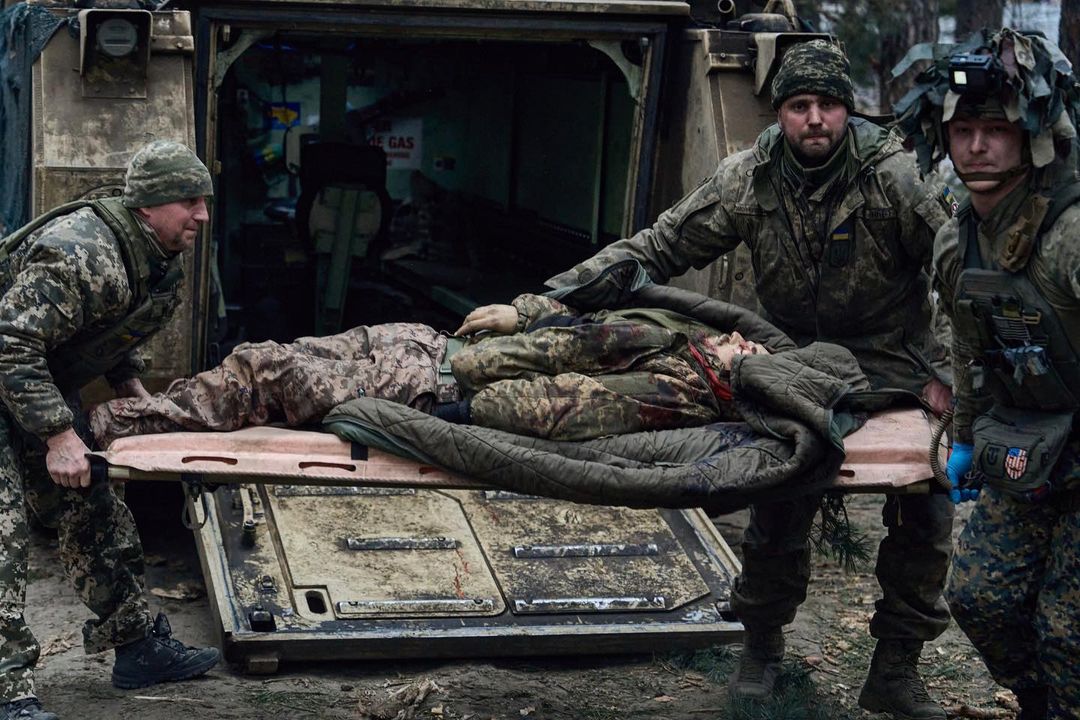When the enemy targets evacuation vehicles carrying the wounded, every second can save a life. Ukraine’s Defense Ministry reports that its representatives took part in a conference of NATO’s Centre of Excellence for Military Medicine (NATO MILMED COE), held at JATEC in Poland.
The main focus was held on effective battlefield casualty evacuation, integration of civil-military planning, and the implementation of innovations in military medicine: unmanned aerial vehicles, telemedicine, and artificial intelligence.
“During the conference, JATEC reviewed Ukraine’s unique combat experience and enhanced cooperation with NATO to strengthen the medical capabilities of both the Alliance and Ukraine,” says JATEC Commander Brigadier General Wojciech Ozga.
The meeting brought together over 230 participants from 18 NATO countries and partners.
The Ukrainian representatives emphasized that the enemy deliberately targets evacuation teams along with the wounded in order to demoralize units. This makes evacuation one of the most dangerous tasks in field medicine.
“Effective evacuation of the wounded is one of the most difficult aspects of field medicine under conditions of large-scale aggression,” said Valerii Vyshnivskyi, Director of Program Implementation at JATEC.
Key challenges include interoperability, communications, and planning. These areas require revision of evacuation and pre-medical aid mechanisms to save more lives under real combat conditions.
Read also
-
Ukraine’s tech revolution clashes with Russia’s massive military machine — result will define future of warfare
-
“We’re standing, and we will keep standing,” Ukrainian pilot dismisses talk of peace with Russia as illusion
-
How Ukraine can win, p.5: Russia is winning the recruiting war. That’s also how it could lose.




